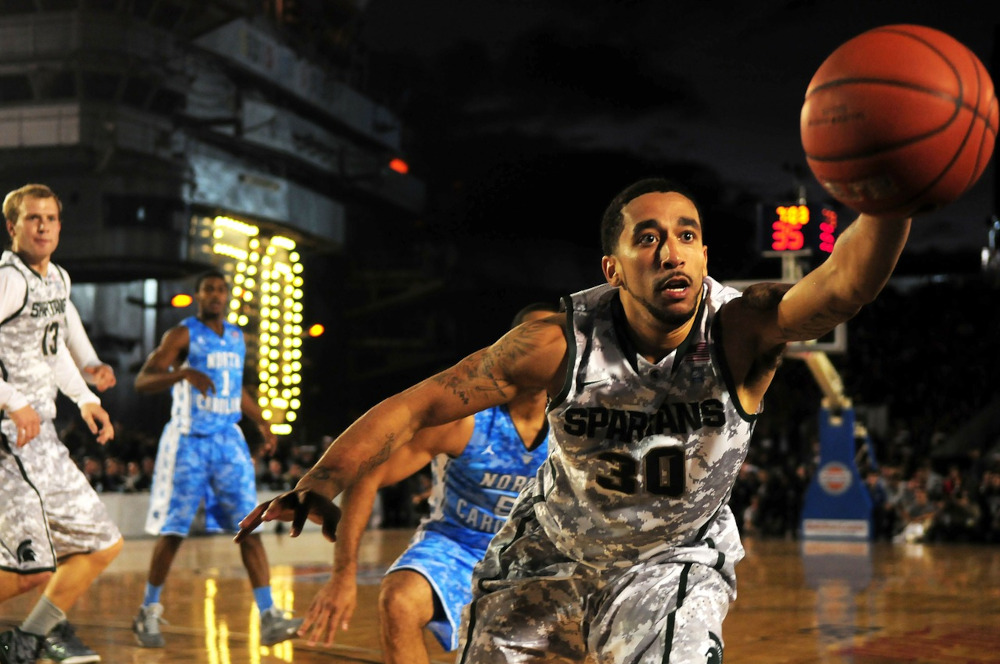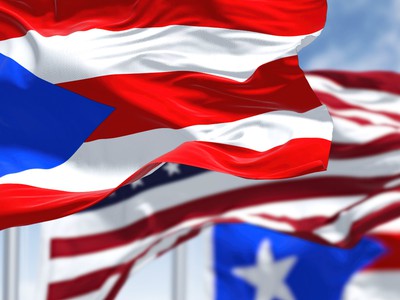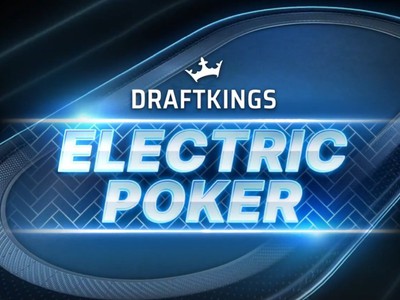Americans continue to make it clear: they want to wager with the protections of the legal, regulated market.
Less than four years after the US Supreme Court legalized sports betting and opened up the gates for betting on March Madness, the seminal college tournament continues to grow. This year, an estimated 45 million American adults — more than 17% of the adult population — are expected to wager $3.1 billion on the NCAA Men’s Division I Basketball Tournament, according to the American Gaming Association (AGA).
That handle roughly equates to being able to give every man, woman, and child in the US about $9.41.
“Americans continue to make it clear: they want to wager with the protections of the legal, regulated market,” AGA President and CEO Bill Miller said on this past Selection Sunday. “There’s no doubt this year will generate the highest legal handle in March Madness history.”
Emphasis on the words “highest legal handle.” That’s because, in 2018 when most sports betting was still illegal, a total of $10 billion was wagered on March Madness — enough to give every American about $30.35.
With legalized sports betting (retail, online, or both) live in 30 states and Washington, DC — as well as three additional legal markets waiting to launch, plus another 11 states with legislation pending — it’s safe to say that March Madness will never be the same and will only get bigger as more regulated markets open up. Since last year’s tournament, another nine states have legalized sports betting — Arizona, Connecticut, Louisiana, Maryland, North Dakota, South Dakota, Washington, Wisconsin, and Wyoming.
The AGA projects that Americans will place more bets through non-bracket channels than in years past. The organization said it expects 76% of bettors will place wagers outside of brackets, up from 55% in 2021. AGA said 20.9 million Americans are expected to bet on March Madness outside of bracket contests, while another 36.5 million will place wagers through a bracket contest or pool.
Sports Betting in 2022 is Nothing Like in 2018
The current sports betting landscape looks nothing like it did just four years ago.
Two months after the 2018 men’s tournament, the US Supreme Court ruled in Murphy v. NCAA that the Professional and Amateur Sports Protection Act (PASPA), which prohibited most forms of sports betting, was unconstitutional.
There’s no doubt this year will generate the highest legal handle in March Madness history.
But, in the run up to the tournament that year, with PASPA still in effect, the AGA said it projected more than $10 billion — more than triple the projection for this year’s tournament —would be wagered on March Madness. Of that total, only $300 million was expected to be wagered legally through sportsbooks in Nevada.
The AGA didn’t estimate how many American adults planned to wager on the tournament that year, but the organization did cite an analysis by The Mellman Group which found about 24 million people had wagered on NCAA basketball within the previous year.
At the time, then-AGA president and CEO Geoff Freeman fretted that PASPA was “turning tens of millions of Americans into criminals for the simple act of enjoying college basketball.” To refute, the AGA cited 48 pieces of sports betting legislation in 18 states that were teed up for passage, should the Supreme Court invalidate PASPA.
3 Years: Sports Betting Regulations, Restrictions, & Recovery
When the men’s tournament came around again in 2019, eight states — Delaware, Mississippi, Nevada, New Jersey, New Mexico, Pennsylvania, Rhode Island, and West Virginia — had legalized sports betting and another 23 were considering doing the same. The AGA projected that 47 million American adults would wager $8.5 billion on the tournament that year.
While projected wagers were down about 15% year-over-year, the AGA found Americans’ betting trends were changing dramatically. The organization said 2.4 million people were still projected to place an illegal bet with a bookie that year and another 5.2 million would bet online, likely through an illegal offshore site. The AGA also found that 4.1 million people planned to place a legal bet either at a casino or through a legal sports betting app.
Although the pandemic wiped out the 2020 tournament — as well as hundreds of other sporting events worldwide — legal sports betting continued to expand in the US. By the time March Madness returned in 2021, 25 states and Washington, DC, had legalized some form of sports betting, and 21 of those markets were operational. Another 17 states were considering legalization at the time.
That said, the number of American adults expected to wager on the tournament in 2021 was mostly flat from 2019, at about 47.4 million people. But the AGA also projected that 17.8 million people would place a bet online, more than double from 2019 (5.8 million), and 8.3 million people would wager from a retail sportsbook, up 79% from 2019. AGA projected that 36.7 million Americans would fill out a bracket in 2021, down 8% from 2019.










